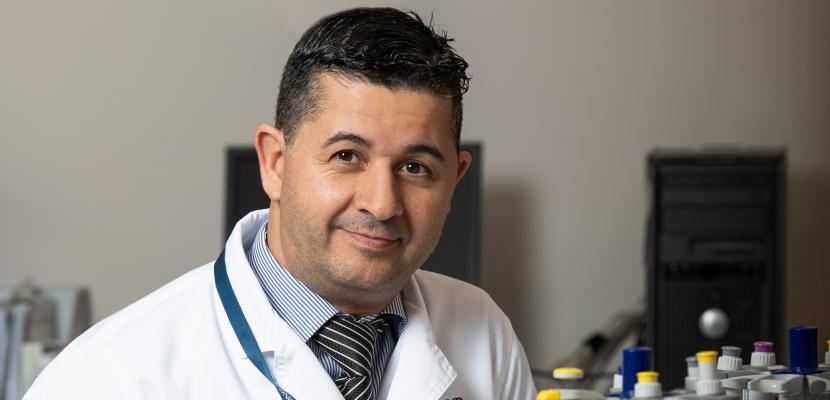
Dr Lotti Tajouri is an Associate Professor of Biomedical Sciences at Bond University.
What is Monkeypox?
Monkeypox is a zoonotic virus which means it can be transmitted to humans from animals; and humans can then infect other humans. It can be transmitted via a scratch or bite from an infected animal or by airborne droplets and touching objects that have been contaminated with droplets or bodily fluids – a mobile phone, for example
That virus is an orthopoxvirus, the same family to which smallpox belongs. The last case of the highly lethal smallpox infection was observed in 1977 and the World Health Organisation reported the disease’s eradication in 1980. Although Monkeypox belongs to the same genus as smallpox, it does not pose as high a risk.
What about a vaccine?
Three approved vaccines are available that could be effective against monkeypox.
There is currently no need to mass vaccinate the population. Precautions like contact tracing and early isolation and treatment of new and old cases should effectively contain any outbreak. However, if we see the number of cases continue to increase, mass vaccination may be worth considering, with priority given to immuno-compromised individuals, those exposed to patients, such as health care workers, or to animals, such as veterinarians.
How do I know if I have it and what should I do?
Symptoms of monkeypox can include fever, muscle pain, headache and fatigue, along with lesions/rashes. If people observe swollen lymph nodes around their neck, back of the ear, jaw and have fever, they should seek medical attention. Be sure to warn the doctor that you are coming and keep any rash covered (e.g. sleeves down covering your affected arm).
Monkeypox can be diagnosed using blood or PCR testing. Early diagnosis is key when detecting rashes and blisters; late diagnosis without proper treatment might lead to complications such as sepsis, encephalitis and pneumonia in certain cases.
Diagnosed individuals should isolate to prevent spread and ensure anyone coming into contact with the patient has appropriate personal protective equipment (PPE).
Treatments for monkeypox include antivirals such as Tecovirimat which works on orthopoxviruses.
Would closing borders help with prevention?
Not really – with global travel and open borders it is likely we will continue to see viruses spread outside of areas where they are endemic, such as has happened with monkeypox which is endemic in parts of Africa. We would be better served by a focus on preventative and hygiene measures.
For effective prevention, a global hand washing campaign should be re-enforced to help contain the spread.
Sanitising high-touch objects like mobile phones, along with surfaces in healthcare settings is also critical. Patients isolating at home should ensure they are regularly washing hands, wearing a mask, and cleaning bed sheets and clothes.
We also need better detection and prevention at our borders. Modern transport facilitates instant and rapid propagation of micro-organisms all around the world. Our national borders desperately need better public health control measures, along with biosecurity measures that enable screening of microscopic level pathogens as a top priority if we want to be proactive against the spread of possible future disease outbreaks and dissemination.